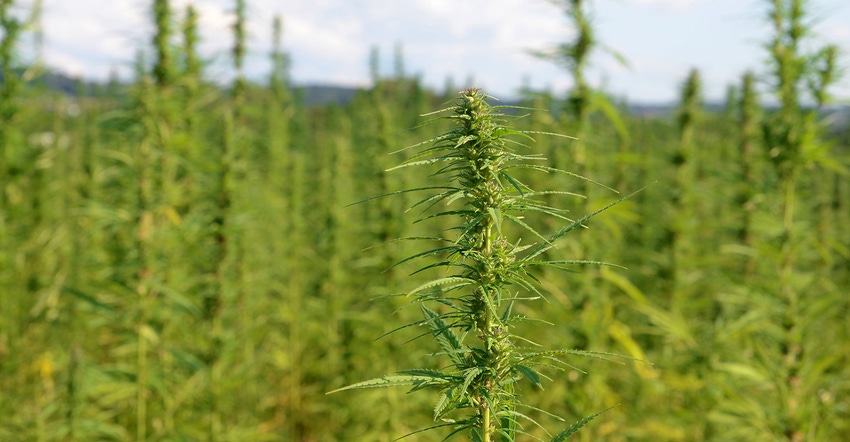
An issue generating lots of interest with farmers involves the cultivation of industrial hemp. With the passage of the 2018 farm bill we have started to see rapid changes in state and federal law with the legalization of hemp; however, there is an issue that is not getting much attention and could have a large impact on this new industry.
Many potential products can be derived from industrial hemp, but one of the most valuable products is cannabidiol. CBD oil has become very popular as a dietary supplement or homeopathic remedy.
The Food and Drug Administration (FDA) is responsible for regulating the safety and effectiveness of various medical products. The scrutiny that they use varies from homeopathic remedies that receive relatively little attention, to approved drugs which are highly regulated.
Recently the FDA has approved the use of CBD as an active ingredient in a drug (Epidiolex) to treat several types of childhood epilepsy. While this may seem like a step towards normalizing use of the product, FDA’s current position is that it is illegal to use an approved drug ingredient (CBD in this case) as an ingredient in food products or dietary supplements.
As a result, the approval severely curtails the future sales of CBD if or until a different regulatory framework is established.
To that end, in a recently released statement FDA Commissioner Scott Gottlieb committed to “hold a public meeting in the near future for stakeholders to share their experiences and challenges with these products, including information and views related to the safety of such products.”
This designation and restriction on use, however, does not apply to hulled hemp seeds, hemp seed protein and hemp seed oil, all of which have been “Generally Recognized as Safe,” or GRAS. The GRAS designation, which was granted partially because they are derived from parts of the hemp plant without CBD or THC, allows these ingredients to be used in food products.
Interest with industrial hemp continues to grow in the agricultural sector, but there are many legal and regulatory hurdles, including the status of CBD, that need to be addressed before full commercial viability can be recognized.
To read more about specific state programs regulating industrial hemp, go to: http://nationalaglawcenter.org/state-compilations/hempprovisions/.
Source: National Agricultural Law Center, which is solely responsible for the information provided and is wholly owned by the source. Informa Business Media and all its subsidiaries are not responsible for any of the content contained in this information asset.
About the Author(s)
You May Also Like






